ICC rejects defence bid to postpone suspected DRC warlord's case
 The world's first permanent war crimes tribunal on Friday rejected a defence bid to postpone a pre-trial hearing for an alleged warlord from the Democratic Republic of Congo, accused of forcibly using child soldiers.
The world's first permanent war crimes tribunal on Friday rejected a defence bid to postpone a pre-trial hearing for an alleged warlord from the Democratic Republic of Congo, accused of forcibly using child soldiers.
The court ruled that the hearing would go on after going into session behind closed doors, before examining procedural points in the case of Thomas Lubanga, the first and only suspect in the custody of the International Criminal Court (ICC) in The Hague.
The pre-trial hearing under presiding judge Claude Jorda will determine whether Lubanga, accused of forcibly recruiting child soldiers for his militia in the DRC, will eventually stand trial before the court.
Lubanga's lawyer, Jean Flamme, had on Thursday raised procedural points to argue that the hearing should be postponed until the ICC appeals chamber had ruled on a defence motion challenging the jurisdiction of the court.
Lubanga, 45, is charged with abducting children under the age of 15 and forcing them to participate in attacks by the armed wing of his political Union of Congolese Patriots (UPC) during wars that ravaged the DRC. He has denied the accusations.
The armed wing of the UPC, the Patriotic Liberation Forces of Congo (FPLC), is suspected of a long series of crimes against humanity in the Ituri region of north-eastern DRC.
Inter-ethnic clashes there, and violence between militias seeking control of gold mines and other natural resources, have left 60,000 dead since 1999, according to humanitarian groups.
The confirmation hearing is scheduled to run through November 28, after which the judges must determine whether Lubanga will become the first person to stand trial before the ICC. Their decision is expected late January.
Based in The Hague, the ICC was created by a treaty in 1998 and formally came into being following its ratification in 2002 by more than 60 countries. More than 100 nations have now endorsed the treaty.



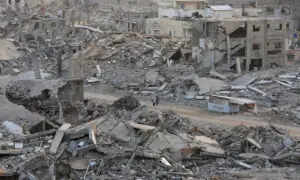
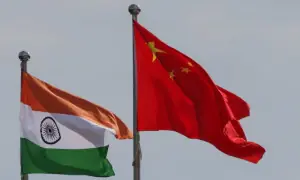
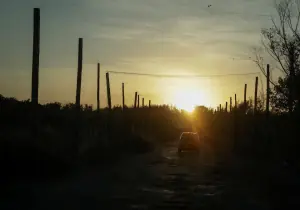
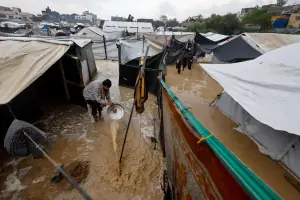

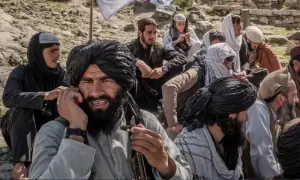
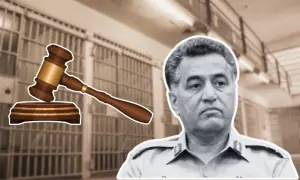
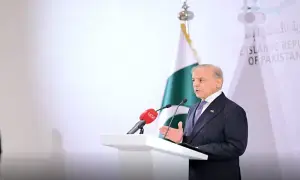
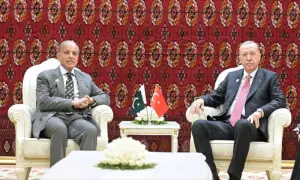
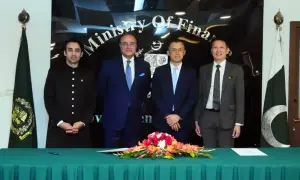
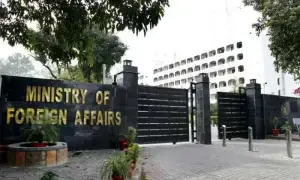

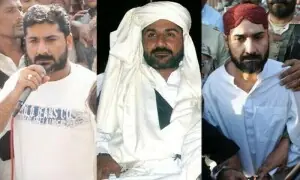
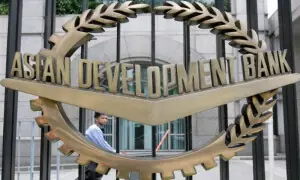

Comments are closed on this story.